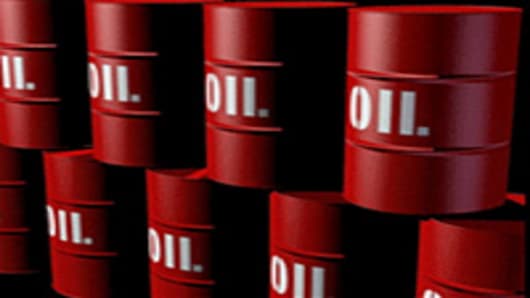The demand for energy is expected to double in the next 40 years globally, as populations grow and access to electricity increases, yet a large-scale, safe alternative to fossil fuels has yet to be built.
Peter Voser, chief executive of Royal Dutch Shell, the world’s biggest energy company, told the audience at a CNBC debate on the concluding day of the World Economic Forum in Davosthat more innovation was needed in “all energy forms.”
“We can’t go on subsidizing new forms of energy forever,” he said. “Innovation in scientific education is key.”
Voser added that price volatility and cyclicality are “the new normal” in energy prices. The price of oil has fluctuated in recent years as worries about the economic crisis, demand from emerging markets and unrest in the Middle East dominated the agenda.
A new global carbon pricing contract is needed, according to Voser.
Several governments were due to embark on large-scale nuclear power projects, in an effort to handle volatile energy prices. The fallout from the Fukushima plant in Japan, which was damaged during last year’s earthquake and floods, has dampened enthusiasm for the industry.
There is also increasing pressure on individuals and businesses to be more energy efficient.
Sheryl Sandberg, chief operating officer of Facebook, said that mobile applications, or apps, which monitor individuals energy usage and let their friends know how much energy they are using, should help by promoting competition over who can limit their carbon footprint most.
Paul Polman, chief executive of Unilever, said that consumers were increasingly concerned about energy efficiency.
“It makes sense for us but also for the consumer to reduce energy usage,” he said.
There are increasing concerns and reports that Iran is considering a halt to all oil exports to Europe as a response to European Union and US sanctions against its oil exports.
Maria van der Hoeven, the executive director of energy watchdog the International Energy Agency, told CNBC Thursday that the IEA is not considering releasing reservesunder its control.


